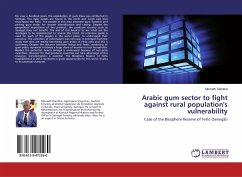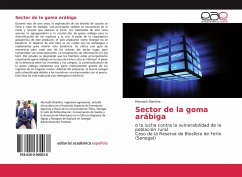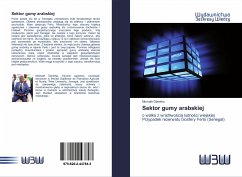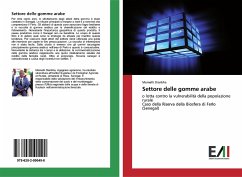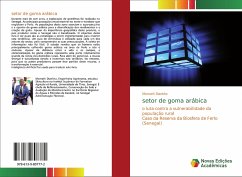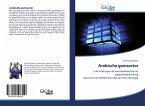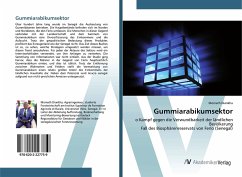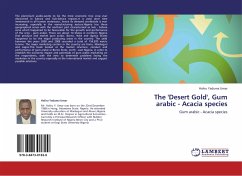For over a hundred years, the exploitation of gum trees was conducted in Senegal. The main stands are found in the north and north east that encompass the Ferlo. The people in this area associate agro livestock and picking gum arabic for income diversification and raising. Despite the geopolitical importance of this product, the producer country such as Senegal does not benefit. The aim of this book is to see what are the strategies to be implemented to reverse this trend. An interview guide is used for each of the players in the sector place, to understand their concerns. The collection of information was not easy. It emerged from the study that men are mainly harvesting gum arabic in Ferlo area and this is customary. Despite the distance between livings and fields, marketing of gum arabic represent relatively a large share of income in rural households. Besides the potential, Acacia senegal is underused because of non-price incentives. However for that producer countries can take advantage of this resource, transformation is essential. The Biosphere Reserve of Ferlo establishment in 2012 represents a great opportunity for this sector thanks to its universal character.
Bitte wählen Sie Ihr Anliegen aus.
Rechnungen
Retourenschein anfordern
Bestellstatus
Storno

